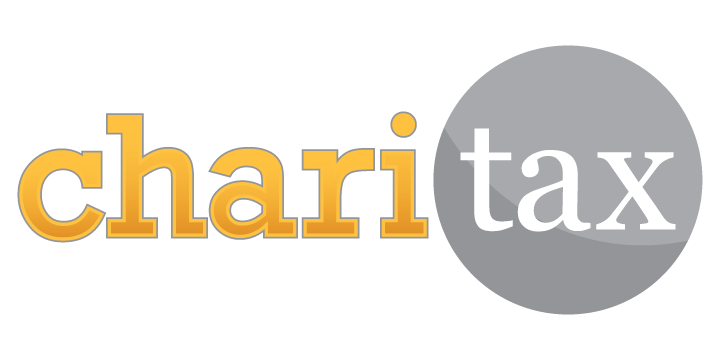What is the Difference Between Roth and Traditional IRAs?
A Roth IRA and a Traditional IRA are both tax-advantaged retirement accounts, but they differ significantly in how and when you receive tax benefits. With a Traditional IRA, contributions may be tax-deductible, reducing your taxable income in the year you contribute. However, withdrawals in retirement are taxed as ordinary income. In contrast, Roth IRA contributions are made with after-tax dollars, so they are not tax-deductible, but qualified withdrawals in retirement, including both contributions and earnings, are tax-free.
Are Contributions Deductible?
Traditional IRA contributions are often deductible, but eligibility depends on your income and whether you or your spouse are covered by a workplace retirement plan. If covered, the deduction phases out at certain income levels. Roth IRA contributions, on the other hand, are never deductible, but they offer the benefit of tax-free withdrawals in retirement if certain conditions are met.
401(k) plans, whether Traditional or Roth, operate similarly regarding tax treatment. Traditional 401(k) contributions are pre-tax, reducing current taxable income, while Roth 401(k) contributions are made after-tax, allowing for tax-free withdrawals in retirement if requirements are satisfied.
Eligibility to Contribute and Tax Deduction Rules (2024)
As of the 2024 tax year, eligibility to contribute to a Roth IRA phases out for individuals with a modified adjusted gross income (MAGI) above $146,000 (single filers) or $230,000 (married filing jointly). For Traditional IRAs, there is no income limit if neither you or your spouse is covered by a workplace retirement plan, but if you (or your spouse) are covered by a workplace plan, deductions phase out based on MAGI starting at $77,000 for single filers and $123,000 for married filing jointly. You can still contribute to a traditional IRA if your income exceeds these limits, but the deduction allowed will be reduced or eliminated, depending on your MAGI.
Which Should I Choose?
The choice between a Roth and Traditional IRA often depends on your current and expected future tax situation. If you expect your income and tax rate to be higher in retirement, a Roth IRA can be advantageous, allowing you to pay taxes now at a lower rate. Conversely, if you anticipate a lower tax rate in retirement, a Traditional IRA could be better, providing upfront tax deductions. Consulting with a financial advisor can help determine the best strategy based on your unique financial circumstances.

